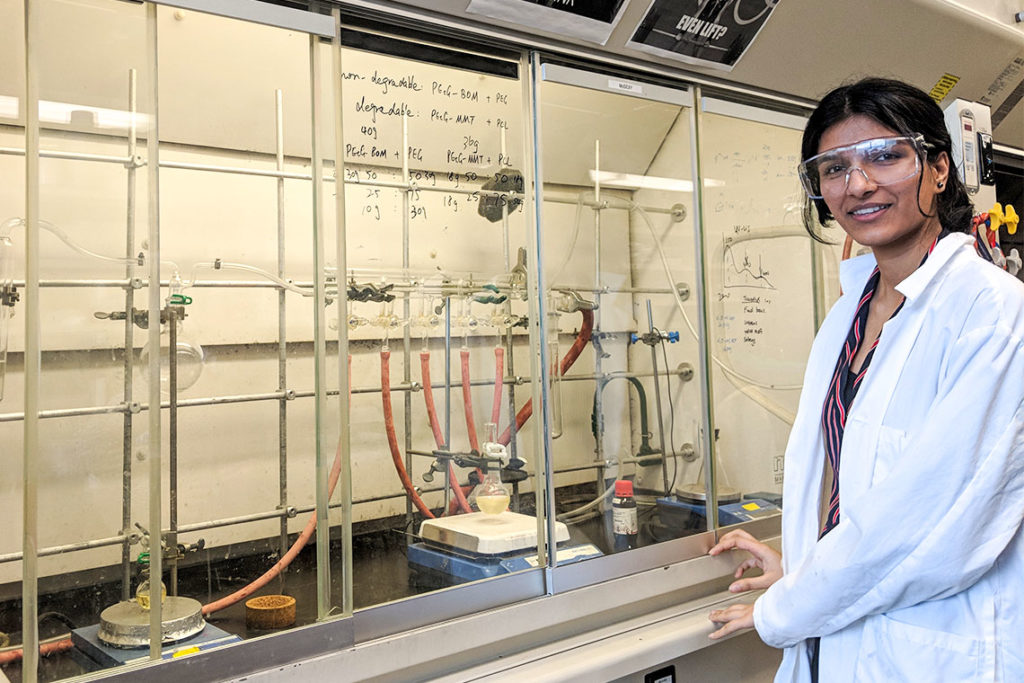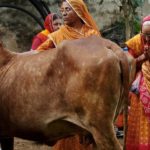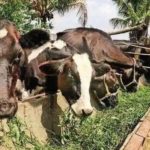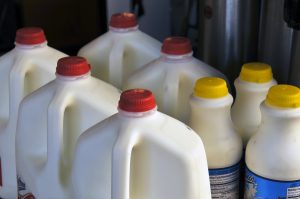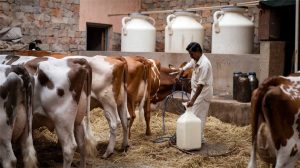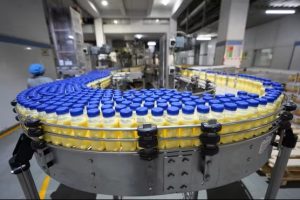
Teachers, researchers and graduates have developed and implemented the scientific foundations and methods for the introduction in Karelia of a competitive Ayrshire cattle breed, which has not been bred here before. As a result of this purposeful work, the proportion of Ayrshirs in the breed structure was brought to 95% and a zone of highly productive pedigree cattle breeding was created in the republic.
In terms of the annual milk yield of cows, the Republic of Karelia has occupied a leading position in Russia for many decades and is among the top five. In 2019, an average of 7090 kg of milk was received from each cow in Karelia, which is about 1000 kg more than in Russia. At the exhibition of breeding animals “White Nights” in the Leningrad region in 2020, a Karelian cow named “Drobinka” was recognized as the “ideal cow” of the Ayrshire breed,
– says the head of the Department of Animal Science, Fish Farming, Agronomy and Land Management of PetrSU, Professor Anatoly Bolgov.
At PetrSU, under the leadership of Doctor of Agricultural Sciences, Professor Anatoly Bolgov, a new type of cattle “Karelian” in the Ayrshire breed was bred, recognized as a breeding achievement and marked by a Russian patent (No. 6764, 2013). Highly productive herds of the “Karelsky” type at the breeding factories of Karelia “Megrega” (1355 cows, average annual milk yield of 9379 kg of milk) and “Ilyinskoye” (1200 cows, average annual milk yield of 8541 kg of milk) are the leading ones in the Ayrshire breed in Russia.
Employees of the Department of Animal Science, Fish Farming, Agronomy and Land Management of IBEAT PetrSU are correcting or developing new plans for selection and breeding work in the leading Ayrshire herds.
Based on the materials of these studies, two doctoral and more than ten candidate dissertations were defended. In 2020, the monograph “Breeding of dairy cattle based on health traits” and several articles in publications indexed in the scientometric Scopus database were published.
The staff of the department are developing methods to increase the genetic resistance of dairy cattle to mastitis, which has a huge zootechnical and economic effect on animal husbandry. Developed by a group of scientists, two methods of assessing and selecting cows and bulls for mastitis resistance are recognized as inventions and awarded patents in 2018 (No. 2160574) and 2020. (No. 2718001). The introduction of these methods into breeding practice will help to ensure an increase in milk yield, milk quality, an increase in revenue from the sale of dairy and pedigree products by 20%.
